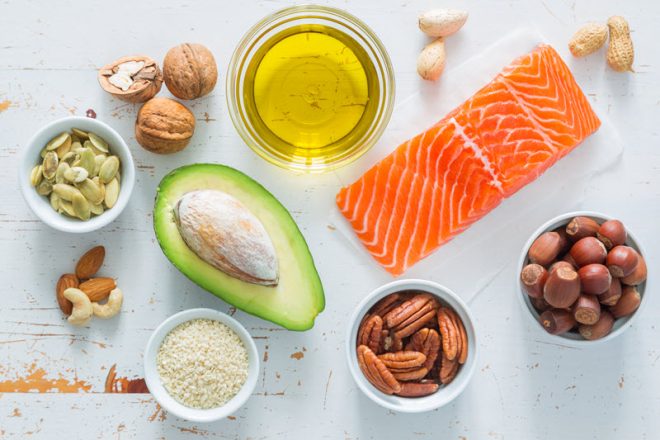
Reduce trans fats for your heart health! Here’s how
Trans fats have been linked to a number of health issues, including an increased risk of heart disease. So learn how to reduce your trans fat intake.
Our food contains a variety of ingredients, some of which are nutritious and beneficial to your health, while others can cause health problems. Trans fats fall into the latter category. They are produced by adding hydrogen to vegetable oil in the hydrogenation process, which produces saturated fat. This process produces trans fatty acids, which help extend the shelf life and stability of food. However, they are linked to many health problems, including heart disease. Foods containing trans fatty acids may increase the risk of heart disease, so it is important to reduce your intake of trans fats. This is how you can reduce your trans fat intake.

What are trans fats?
Trans fat is a fat produced from hydrogenated oils. This process changes the chemical structure of the oil, making it solid at room temperature.
How do trans fats affect health?
Trans fats are linked to a number of health risks, including an increased risk of heart disease, increased levels of LDL (bad) cholesterol, and inflammation. According to the World Health Organization, close to 500,000 people worldwide die prematurely from heart disease each year due to saturated fat consumption. They can also cause insulin resistance and other metabolic diseases.
How to reduce trans fat intake?
According to a January 2023 report by the World Health Organization, half a million people worldwide still consume saturated fat, despite the fact that it puts them at risk of heart disease and death. To stay healthy, you should try to reduce your body fat. Here’s what you can do:
1. Choose healthy oils
Choose cooking oils that are low in saturated fat, such as olive, canola or sunflower oil. Experts say this oil, rich in monounsaturated and polyunsaturated fatty acids, provides essential fatty acids that reduce inflammation and improve brain function. Antioxidants found in healthy fats help protect cells from harmful substances. They also make you feel fuller, help reduce hunger, and these fats can help with weight control.
2. Read the food label
Trans fats usually appear in the “total fat” section. Try searching for terms like “partially hydrogenated oil,” as these can be used to describe saturated fat. Choose products that contain little or no trans fat.
3. Avoid Processed Foods
Reduce your intake of processed and packaged foods because they often contain hidden trans fats. These include products such as margarine, frozen dinners, and pre-made snacks. In all cases, choose whole foods because they are usually higher in nutrients and lower in trans fats.
4. Cooking at home
Use fresh ingredients when cooking at home to better control the oils used in cooking. Cooking your own meals gives you the freedom to choose whole, unprocessed ingredients and reduces your exposure to trans fats, previously found in fast food and processed foods. Incorporating natural oils into home cooking can improve health and reduce the amount of unhealthy fats.
5. Choose natural oils
Nuts and avocados are low in saturated fat. Using these oils instead of partially hydrogenated oils found in processed foods may improve heart health. Natural oils are good for your health if you eat them in moderation and as part of a healthy diet. They provide essential fatty acids, regulate cellular function and support the absorption of fat-soluble vitamins A, D, E and K.
6. Opt for fat-free substitutes
Find fat-free alternatives to snacks and baked goods. Some snacks include popcorn (without a lot of oil or butter), fresh fruit, Greek yogurt or nonfat yogurt. Choose from low-fat baked goods like cookies, muffins and low-fat cakes.

Do all packaged foods contain trans fat?
Not all packaged foods contain trans fatty acids, but experts say it’s important to check labels carefully. Terms like “partially hydrogenated oil,” “solid shortening,” and “hydrogenated oil” all indicate the presence of trans fat.
Making informed decisions about the fat we eat is an important step toward a healthy, balanced mind.
